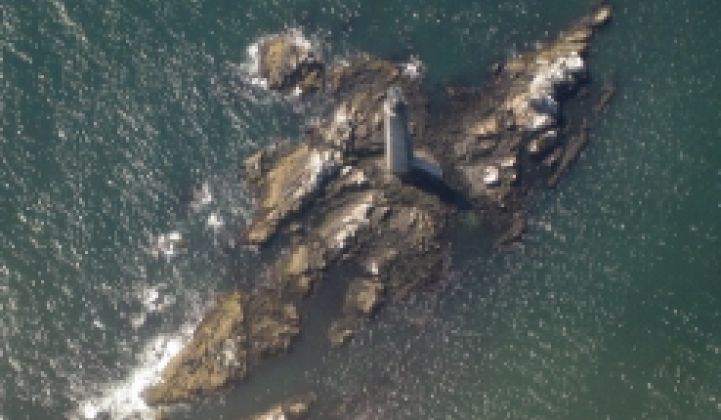Massachusetts released a draft of a plan Wednesday that would govern the permitting and management of projects such as tidal and wave energy farms.
Touted by the state as the first comprehensive ocean management plan in the country, it aims to support renewable energy and other industrial operations in the state waters while taking care to protect marine resources, the state said (see management plan website).
But creating a management plan would help to ensure a more careful planning and permitting process. Other states might follow Massachusetts' step as more renewable energy project developers express an interest in building wind and ocean power farms up and down the Atlantic and Pacific coasts.
The federal government also has taken steps to set up the regulatory framework, especially because the current administration is keen on promoting renewable energy production and job creation.
Earlier this year, the Department of Interior and the Federal Energy Regulatory Commission settled a dispute over their authorities to permit and oversee energy projects on the outer continental shelf.
Last week, the Interior Department issued the first ever leases for wind energy exploration on the outer continental shelf (see Feds Issue First-Ever Offshore Wind Leases).
Generating energy from ocean currents holds a lot of promise, but it also faces many technical and financing challenges. Companies that are developing ocean power technologies are largely in the pre-commercial stages (see Pelamis Wave Machines Cranking Hundreds of Kilowatts, Pre-Crisis and California Sinks Its First Wave Project).
Creating the management plan would yield maps and studies showing sensitive habitats that would require protection, as well as sites that are suitable for energy projects.
The state is now collecting public comments on the plan, and hopes to finalize it by the end of the year.
Image via http://www.flickr.com/photos/docsearls/ / CC BY-SA 2.0.



